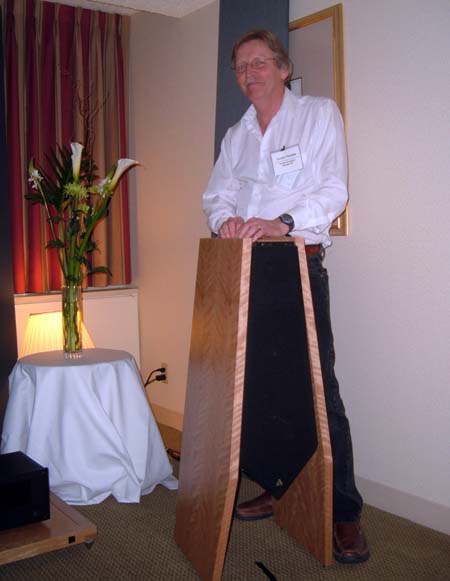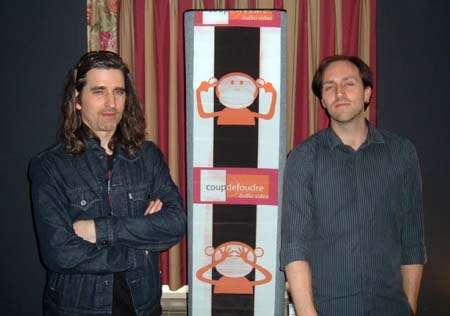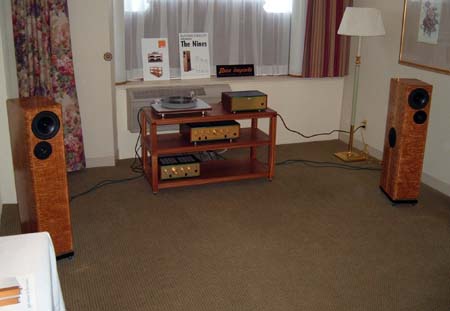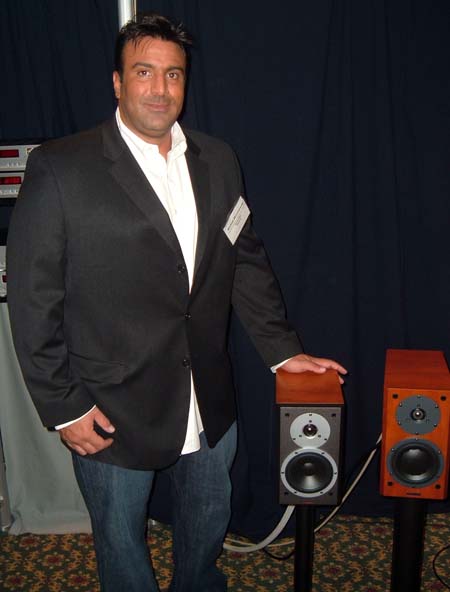
Product consistancy
Forums
- Read more about Product consistancy
- Log in or register to post comments
Tomorrow has no mistakes in it
Tomorrow has no mistakes in it

- Read more about Tomorrow has no mistakes in it
- Log in or register to post comments
Best CHEAP laptop speakers?
Forums
- Read more about Best CHEAP laptop speakers?
- Log in or register to post comments
A friend who knew I was looking for solid speakers to hook up to my laptop (MacBook black) recommended this deal to me:
Dynaudio's OCOS Speaker Cable
Dynaudio's OCOS Speaker Cable

- Read more about Dynaudio's OCOS Speaker Cable
- Log in or register to post comments






Hi
Ive now spent a few years paying attention to hifi.
One thing that seems to be happening is an inconsistancy in product sound, ie listen to say one CD player then buy that model take it home and the sound is different. Im not talking about the different locations or systems, im talking about exact apples for apples with a unit that is warmed up and and run in.
Has anyone else seen this ? particularly you guys with retail experience do you agree that certain units just seem to be right or wrong sometimes ?